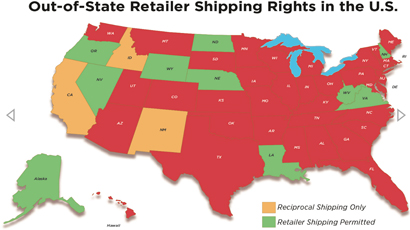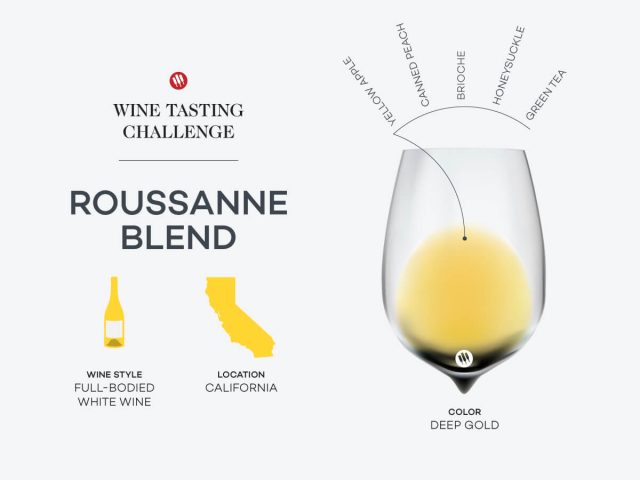Wine spills onto the docket at the Supreme Court

On Wednesday, the eyes of wine geeks and those in the wine industry will turn to the the Supreme Court. Wine will be on the docket, and, as you might expect, reds and whites do not map on to a political right and left. A love of wine is non-partisan even though no justice has ever proclaimed “I love wine†during confirmation hearings (only beer gets this kind of admiration!). At stake on Wednesday is whether wine shops can ship across state lines.
The biggest wine case the Supreme Court ever decided was Granholm v Heald in 2005. In their decision, the majority ruled that states could not discriminate between out-of-state wineries and in-state wineries—either they had to open up to shipping from all wineries or close the whole thing down. Fortunately for wine enthusiasts, almost all state chose to open up so consumers across the country now at least have the right to order wine from wineries.
But it has remained an open legal question whether this freedom for wineries to ship also applies to wine shops. In fact, only a handful of states allow wine shipments from out-of-state wine shops. It is arguably more important for consumers to be able to have wine shops ship across state lines than it is for wineries: while it is good to be able to receive wines from wineries directly, being able to buy from shops offers more price competition not to mention foreign wines, which account for a third of all wine sales in America.
The case to be argued on Wednesday, formally called Tennessee Wine & Spirits Association vs Blair, on face value is about whether Total Wine, a big box wine retailer with about 200 locations, should be allowed to open a store in the state. Local shop owners sued when Total Wine applied for a permit, arguing that only residents who have lived in the state for two years could own shops in the state, or as one new retailer told Forbes, it’s a “good ol’ boys system–economic protectionism at its worst.” Eric Asimov of the NYT describes the dynamic of how interstate retail sales were effectively stopped:
Urged on by the wholesalers, who lobbied and contributed heavily to state political campaigns, states began to crack down on interstate retail shipping, and carriers like FedEx and United Parcel Service specifically. Those companies have told retailers in recent years that they would no longer accept out-of-state shipments of alcoholic beverages unless they were bound for one of 14 states (along with Washington, D.C.) that explicitly permit such interstate commerce. Interstate wine shopping effectively ended for many people.
Groups such as the National Association of Wine Retailers have filed a brief in the case, as has a group of consumers. Paul D. Clement, they lawyer who filed the consumer brief and a former Solicitor General, had a convincing quote in the NYT:
“Your typical winery has a production function and a retail function, and Granholm’s focus was on the retail side,†Mr. Clement said. “The interstate activity protected by Granholm wasn’t production, it was sales.â€
Case details on SCOTUSBLOG





